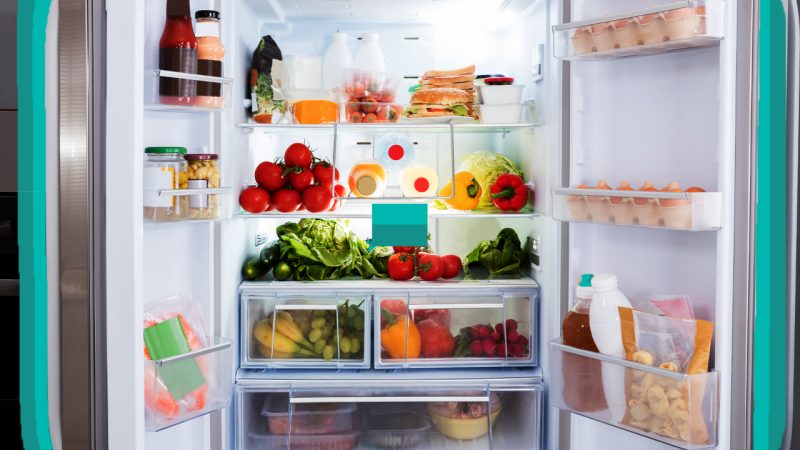The fridge is where fresh food lives, so it makes sense to look after it. Luckily, a food care expert has shared some tips on how to care for your fridge to maximise the freshness and longevity of your food.
Kate Hall, founder of TheFullFreezer.com, thinks it’s more than likely you’re stacking your fridge wrong, not vacuuming it enough, and it’s probably too warm.
Different parts of the fridge should be used for different kinds of food, Kate told The Sun.
“Pre-cooked meats, deli items and leftovers sit on the warmer top shelf,” she said.
“Dairy lives in the middle, including milk. The door is too warm and spoils milk faster. Meat at the bottom.
“Store jams, soft cheese, and juice in the door. Pop fruit and vegetables in the bottom drawers to shield from odours.”
Kate adds that it’s vital not to “put raw meat on the same shelf as other food groups like pesto and butter - the risk of cross-contamination is too high”.
She also suggests having a dedicated ‘eat me first’ shelf to put food that will expire soon and to never have the fridge more than 75% full, as any more than that disrupts the airflow.
“Freeze anything you don’t need and if you’re feeling fancy, buy a lazy Susan for your spreads and sauces so they’re never out of reach.”
In one I’ve never heard before, Hall says vacuuming the fridge can make it “25% more efficient”. Filters found on the fridge walls will get too dusty if you don’t give them a hoover, as well as the coils at the back, centre right.
“Avoid bleach and non-safe chemical cleaners and tackle stubborn stains with a toothbrush,” she advises.
The temperature of your fridge is vital to keeping your food in tip-top shape. Kate warns not to rely on the internal thermometer, but instead to buy an external one online as they are more trustworthy.
“Loads of our fridges are set too high, at about 8C,” she said. “Don’t rely on the in-built sensor — that’s only telling you about one part of your fridge. Instead, use an external display with wireless sensors for an accurate reading.”
She also recommends letting food cool before storing it, keeping smelly ingredients in glass containers, organising vegetables by type, and removing any packaging that isn’t needed (keep eggs in the carton though!).




